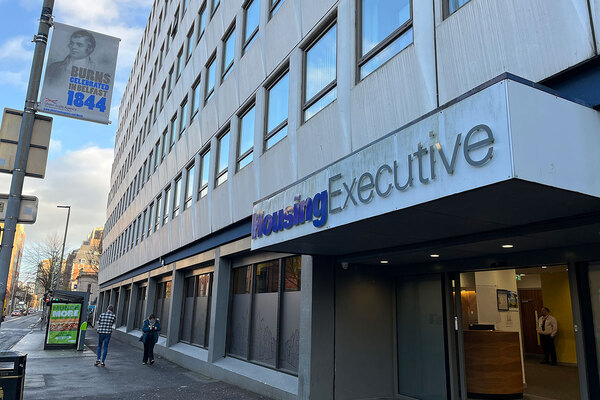You are viewing 1 of your 1 free articles
RSH reveals slowdown in applications to register for-profit providers
The Regulator of Social Housing (RSH) has reported a slowdown in the number of applications to register a for-profit provider due to market conditions, as none have been registered in 2023.
Since a peak in 2020 when there were 42 applications to become a for-profit registered provider, there have been 24 applications this year and 17 in 2022.
Jonathan Walters, deputy chief executive of the English regulator, told Inside Housing that he believed the fewer applications were “largely a reflection of market conditions”.
He said: “A lot of the for-profit business models are predicated on the Section 106 units pipeline coming through. And obviously the volume house builders are retrenching, so there are fewer 106 properties around.
“I’m just not sure the market is presenting the opportunities that the for-profits need to keep growing.”
At present, there are 27 for-profit applications currently live, the RSH told Inside Housing. Seven were registered last year, while some applications have been abandoned or withdrawn.
The for-profit sector has grown rapidly over the past decade, but still has a small proportion of total affordable stock.
Currently, there are 69 registered for-profits owning around 28,000 homes. In 2013, there were 18 organisations owning 187 homes.
However, a Savills analysis earlier this year suggested by that 2028, there could still be around 100 for-profits providers owning 113,000 homes.
Mr Walters acknowledged the for-profit sector could still grow at pace.
He said: “It may surprise us and carry on growing at that speed, but my sense is it’s beginning to slow down a bit.
“That position may reverse in time. If the planning system changes or market sentiment changes, then the growth of the for-profits might reignite again.”
A number of for-profits have been found non-compliant by the regulator in the past year, with BlackRock-backed Heylo Housing being among the highest profile.
In March last year, the RSH moved to clarify how it will assess for-profits as it said these housing providers have “different capital structures and cash flow dynamics” compared to not-for-profit organisations.
Other major firms with a presence in the sector include Blackstone, which backs Sage Homes, and insurance giant Legal & General, which has an affordable housing arm called L&G Affordable Homes.
Sign up for our regulation and legal newsletter
Already have an account? Click here to manage your newsletters











